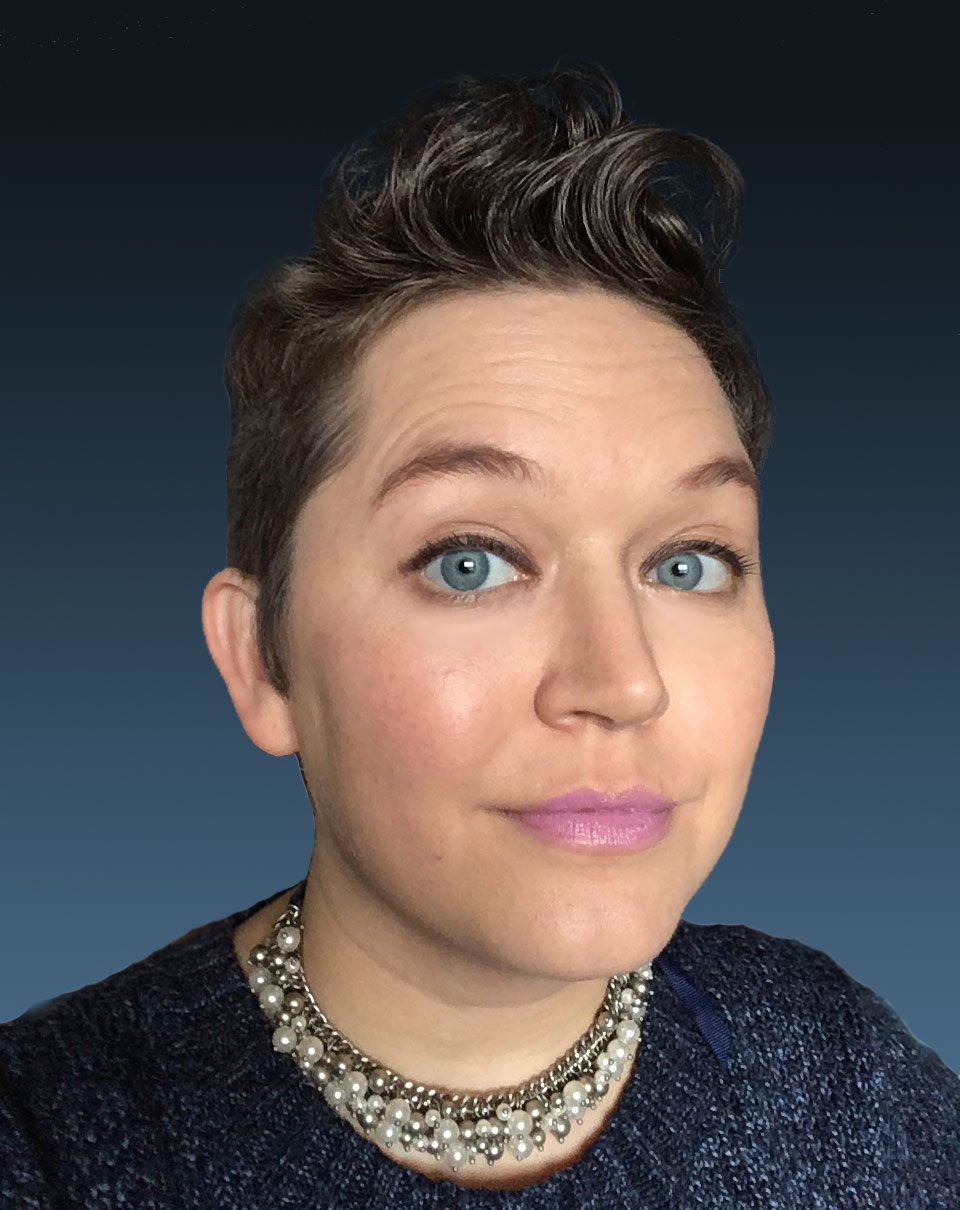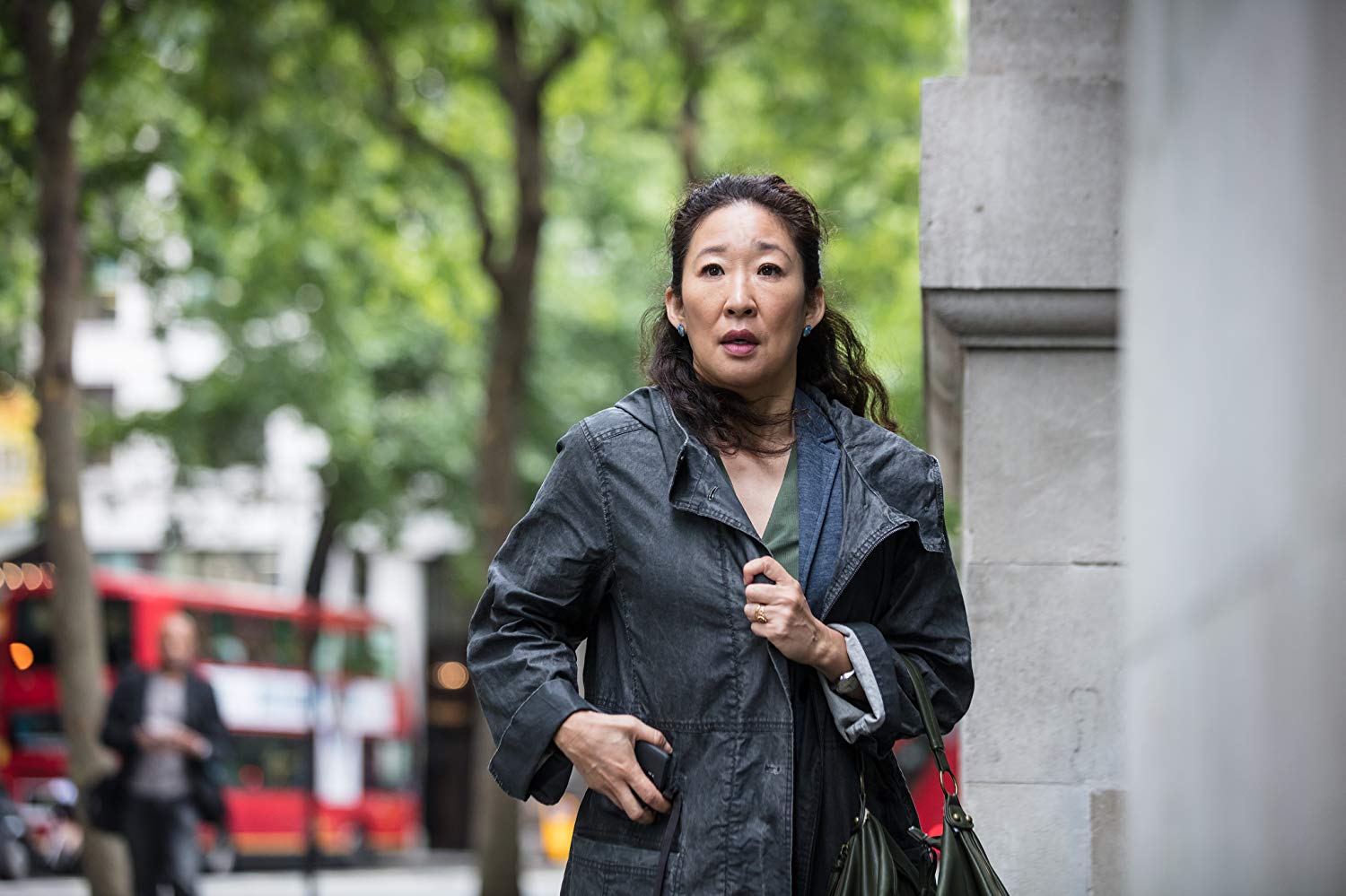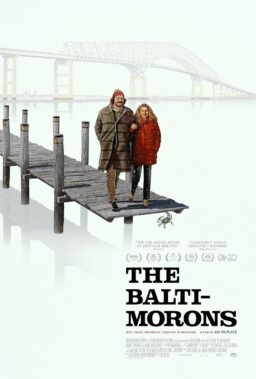Thanks to podcasts like “Serial” and “My Favorite Murder” and Netflix docs like “Making a Murderer” and “Abducted in Plain Sight,” true crime has seen a resurgence in popularity. Conversations once whispered over cocktails are now broadcast across social media as amateur sleuths compare theories on cold cases or debate the verdicts of infamous trials. Yet the predominantly female fandom of true crime is generally misunderstood. Too often we are maligned as ghoulish girls who revel in other people’s pain and tragedy. Such pearl clutching ignores the source of our passion and its purpose. Thankfully, then came Phoebe Waller-Bridge’s “Killing Eve,” a fictional crime-drama series that not only understands our dark fascinations but also offers power fantasies typically denied women.
Violence is not something that is supposed to interest women. Yet in countless true-crime shows and horror movies, it is women who are the victims of violence. I suspect that’s why the fascination in true crime is part precaution, part catharsis. By looking into these tales of murder, we seek to recognize the red flags of mortal threats before it’s too late. But also we seek answers. When the case is closed, we are given closure and the assurance that there can be justice in a world ravaged by senseless violence. We look into the darkness that lurks in the hearts of men to recognize it, to challenge it. And sometimes that means laughing in its snarling face. But in our wildest dreams, we want to crack the case, be the hero, save the day. “Killing Eve” invites us to live out that fantasy, vicariously through its eponymous protagonist.
Though Eve (Sandra Oh) works for British intelligence, she’s seen as a “fantasist and crackpot” with wild theories about a prolific female assassin. Her colleagues consider her curiosities about murder extreme. It’s not enough for Eve to stare at crime scene photos. Hearing a man was slain by an expertly nicked femoral artery, she pricks her own thigh to better comprehend this clever crime. She’ll bleed for this dark curiosity, which leads her into morbid amusements. In a bit of twisted pillow talk, she cavalierly teases her husband, swiftly explaining exactly how she’d kill him, dismember his corpse, and then dispose of its bloody bits so as never to be caught. (Don’t worry, he finds this game “hugely” sexy!) But above all, Eve wants answers. Her “crackpot” theories draw the attention of an MI5 agent who gives Eve her own team to investigate the mysterious Villanelle (Jodie Comer).

Eve is not a cop or private eye or a spy. “I’m just a fan,” she says of her true-crime fascination. And in “Killing Eve” it takes a fan to catch a killer. Eve is one of us, and she is handed our dream job for that. Stepping into an office where the walls are lined with potential leads and crime scene photos, she marvels, “It’s like I’ve walked inside my brain.” Eve will uncover clues, chase down leads, interrogate witnesses, and ultimately face off with a dangerous killer. We will watch in breathless admiration and envy. She is brilliant, bold, brave, and beautiful. She is a power fantasy for any woman who ever dreamed of catching a killer. Yet Eve is not the only power fantasy Waller-Bridge offers women in “Killing Eve.” She’s just one side of the murder mystery fantasy.
The flipside is Villanelle. Because if you’re not asking, “Could I have caught this killer,” you’re asking, “Could I get away with murder?” It’s a theoretical game even Eve plays. But “Killing Eve” puts us in the taboo position of playing along with a ruthless serial killer as its splits its focus between Eve and the object of her obsession. Villanelle enjoys her own dream job, which just happens to be murder-for-hire. And why not? It affords her a lavish lifestyle complete with a posh Parisian apartment, where her fridge is stocked with champagne, her closet with designer clothes, and her bed with a rotation of beautiful men and women. Her work takes her to amazing destinations like London, Vienna, and Berlin, and allows her to murder interesting people. Plus, she’s good at it. We are bound to Villanelle as she scales mansion walls, slips into posh parties, and kills powerful people with a smile and style. We are witness to her interest in observing their last shuddering breaths and the light going out in their eyes. And it’s sickening….ly satisfying. It’s a dark itch we can never really scratch. By embedding us with Villanelle, “Killing Eve” gives us a safe space to imagine.
Fascination with fictional killers is nothing new. Movie fans have long been obsessed with Hannibal Lecter, Al Pacino’s Scarface or any number of slashers, like Jason Voorhees, Michael Myers, or Leatherface. There’s an undeniable rush in watching these madmen wield the power of life and death. Often, we’re more invested in their survival than that of their victims. Rarely are these captivating killers women. This same scarcity is reflected in real life serial killers, a field dominated by men. So there’s a delicious subversion to this fantasy, giving the power of the typically male aggressor to a female character, who is statistically more likely to be a victim. And moreover, to one who is so boldly feminine. Sure, Villanelle will occasionally use standard tools like a gun or knife. But her early onscreen kills employed feminine accessories, like a poisoned hairpin and a perfume spray that triggers asphyxiation. Eve notes these kills were clever, cool and have “style.” And Villanelle’s style is a major element of “Killing Eve”‘s female-focused fantasy.

With each look, Villanelle gives us fashion fantasy. She drapes herself in flowing kimonos, designer throws, and brocade bomber jackets. As she spies on Eve in Berlin, she pairs a red-and-blue print pantsuit with a chunky pair of Doc Martins and a crown of braids. When she’s dragged to an emergency mental health checkup, she is ferocious in her fashion. As two stern men in dark clothes stare her down, she’s smiling in a long, voluminous, and loud pink dress that is defiantly girly. With every look, Villanelle enchants and intimidates, stomping into each situation with a confidence that might be seen as unbecoming of a lady, if not downright psychotic. She scoffs at the rules of female submissiveness and fashion just as she scoffs at the rules of law. This confidence, this style, this brazen rejection of patriarchal rules of how women should behave is intoxicating, even when it’s violent. We relish her rebellion, the exhilaration of her devil-may-care attitude and how often she gets away with it.
This too speaks to true crime. For as much as we may seek answers, resolution, and justice, we carry deep within our hearts the dark wish to break the rules without consequence. “Killing Eve” explores this duality through the contrast of Eve and Villanelle, but also through their carnal collision. Eve and Villanelle’s intellectual curiosity tips into mutual admiration then lustful infatuation, leading to bizarre gifts, an unexpected dinner drop-in/home invasion, and a season one climax suggestively played out on Villanelle’s bed. As they grapple in this sequence, our allegiance is tested just as Eve’s is. Will she choose the side of law and justice or follow Villanelle down the path of murder and mayhem?
Understanding the complexities of what women want in true-crime, Waller-Bridge pushes our fascination to titillating and alarming extremes. She gives us complicated female characters we connect to and root for, even when they are in opposition. She displays the intoxicating power of pursuit and digs into the contradictory curiosities of true-crime fandom through the pair’s strange courtship. And she does all this with an unapologetically feminine thirst for murder, romance, and fashion. In short, with “Killing Eve,” Waller-Bridge gives us the hero and Villanelle we deserve.
The first season of “Killing Eve” is currently available on Hulu, and the second season premieres on AMC and BBC America on April 7, 2019.












